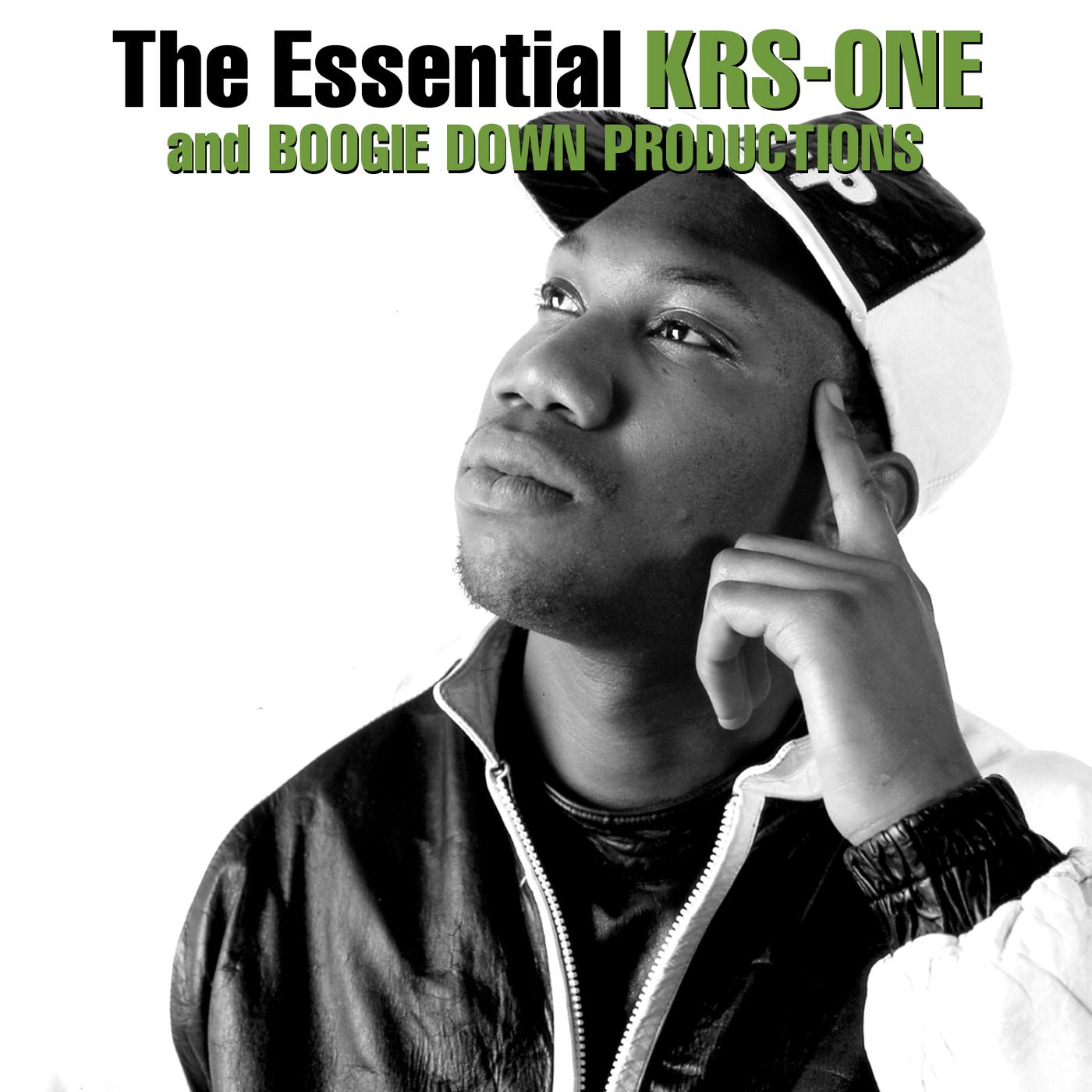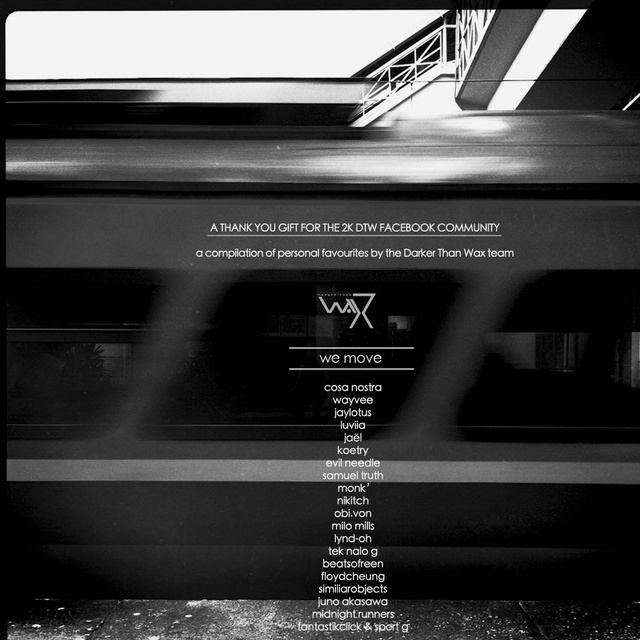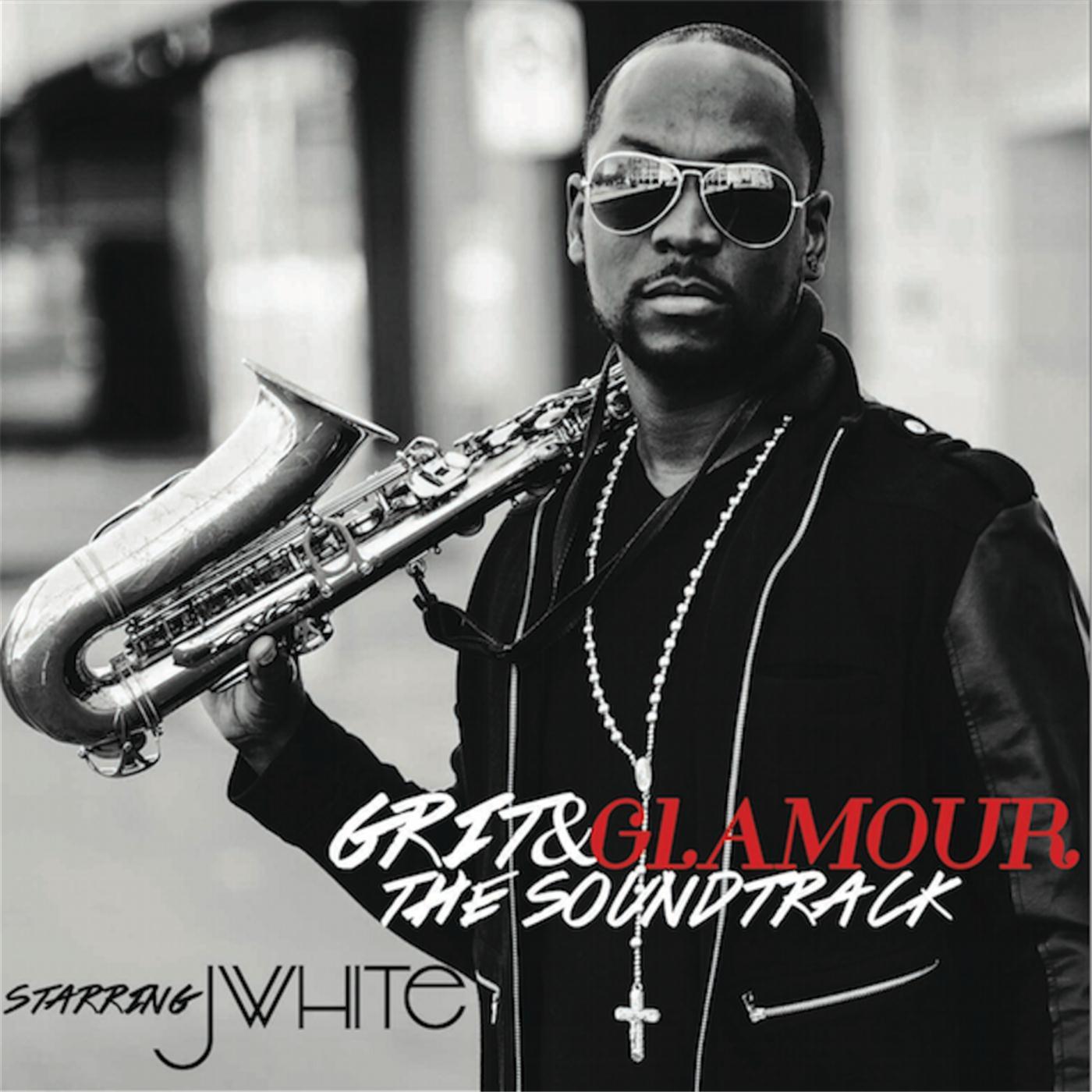"Why I Hate Travelling: Exploring the Dark Side of Wanderlust"
#### Description:Travelling is often romanticized in movies, social media, and conversations. However, there’s a growing number of individuals who resonate……
#### Description:
Travelling is often romanticized in movies, social media, and conversations. However, there’s a growing number of individuals who resonate with the phrase **"I hate travelling."** This sentiment can stem from various experiences and perspectives that highlight the less glamorous aspects of travel. In this article, we delve into the reasons behind this aversion and explore the complexities of wanderlust.
#### Stress and Anxiety
One of the primary reasons people express **"I hate travelling"** is the stress and anxiety that often accompany it. From planning itineraries to booking flights and accommodations, the logistics can be overwhelming. The fear of missing a flight, getting lost in an unfamiliar city, or dealing with language barriers can lead to significant anxiety. For many, the excitement of travel is overshadowed by the stress of navigating new environments.
#### Cost Issues

Travelling can be incredibly expensive. Flights, hotels, meals, and activities add up quickly, making it a daunting financial commitment. Many people find themselves saying **"I hate travelling"** because they feel pressured to spend beyond their means to have a fulfilling experience. The burden of financial strain can turn what should be a joyous adventure into a stressful obligation.
#### Health Concerns
Health issues can also contribute to a dislike of travel. Whether it’s the fear of contracting illnesses while abroad or the discomfort of long flights and unfamiliar food, health concerns can make travelling less appealing. For those with pre-existing conditions or chronic illnesses, the unpredictability of travel can be a significant deterrent. The anxiety of managing health while on the go often leads to the conclusion that staying home is the better option.
#### Cultural Differences

While experiencing new cultures can be exciting, it can also be a source of discomfort. Misunderstandings and cultural faux pas can lead to embarrassing situations. The feeling of being an outsider can make some individuals uncomfortable, leading them to express **"I hate travelling."** The pressure to adapt to different customs and social norms can be daunting, especially for those who prefer the familiarity of their home environment.
#### Environmental Concerns
In recent years, the environmental impact of travel has become a hot topic. Many people are increasingly aware of their carbon footprint and the negative effects of tourism on local ecosystems. This awareness can lead to a sense of guilt associated with travelling, prompting individuals to say **"I hate travelling."** The desire to protect the planet and contribute to sustainable practices can outweigh the allure of exploring new places.
#### Social Media Pressure

The rise of social media has created a culture of comparison that can negatively impact the travel experience. The pressure to capture the perfect moment or visit the trendiest destinations can make travel feel like a chore rather than an adventure. Many individuals find themselves saying **"I hate travelling"** because they feel obligated to meet unrealistic expectations set by influencers and peers. This pressure can detract from the enjoyment of simply exploring and experiencing new places.
#### Conclusion
While travel is often glorified, it’s essential to acknowledge that it’s not for everyone. The phrase **"I hate travelling"** resonates with many who have experienced the stress, costs, health concerns, cultural differences, environmental impact, and social media pressure associated with travel. Understanding these perspectives can foster a more inclusive conversation about travel and encourage individuals to find joy in their own unique experiences, whether that means exploring their hometown or venturing out into the world. Ultimately, it’s crucial to prioritize personal comfort and well-being, regardless of societal expectations.